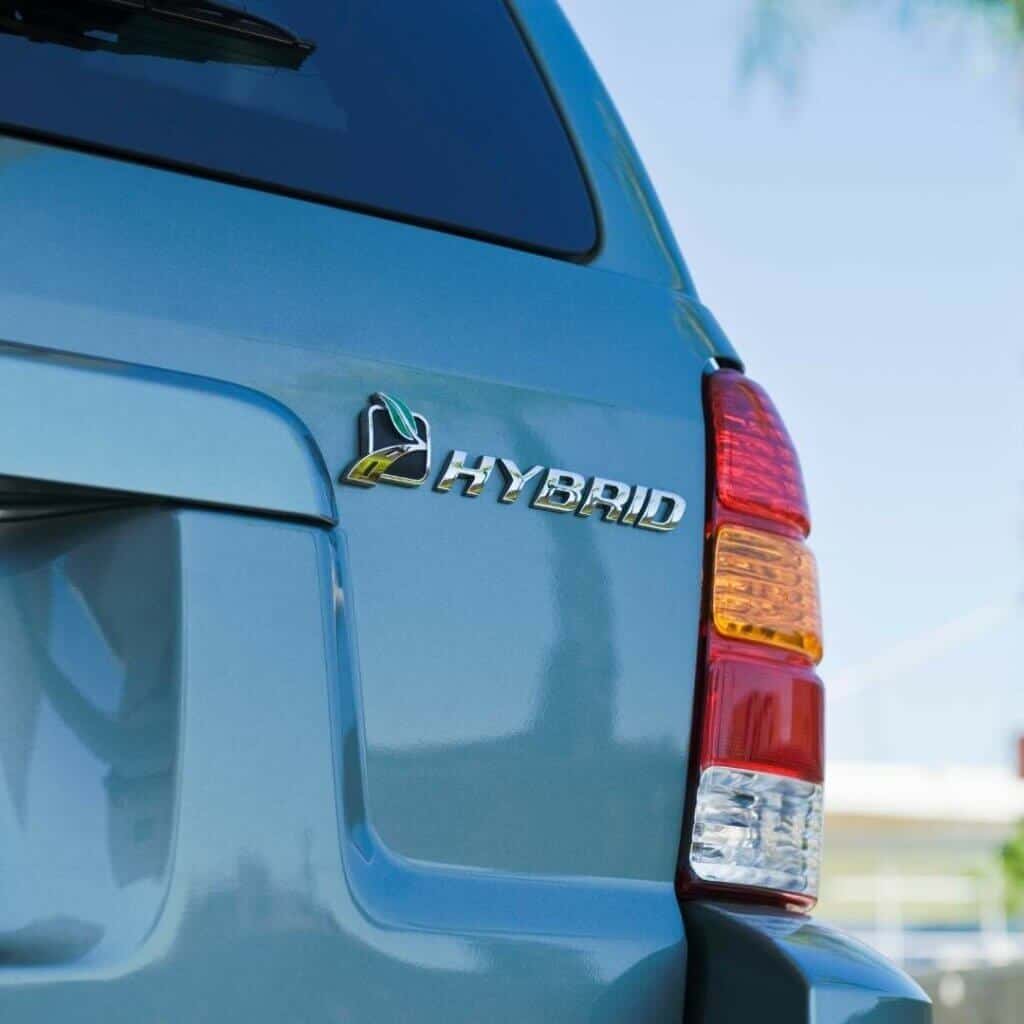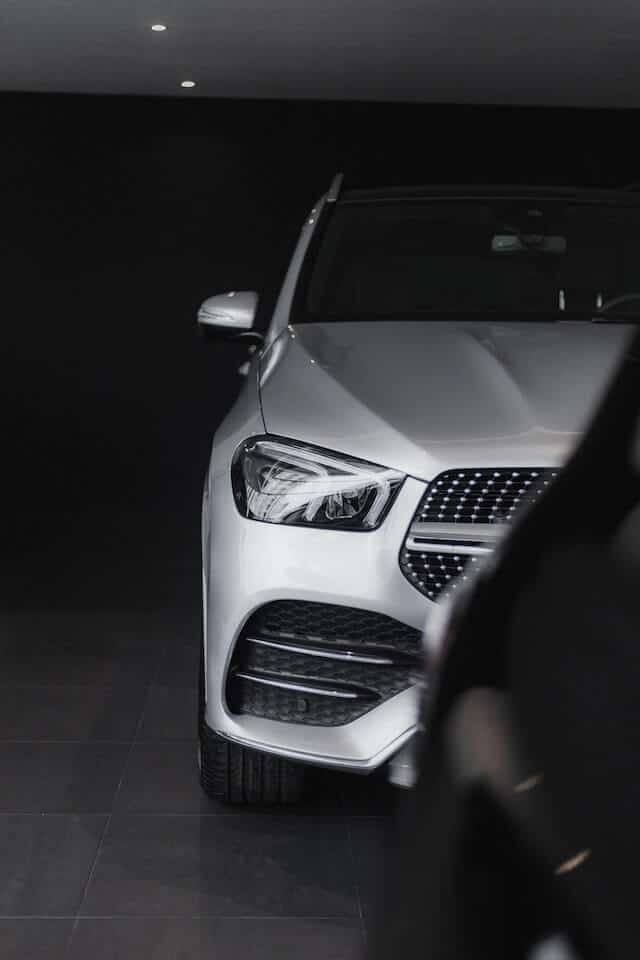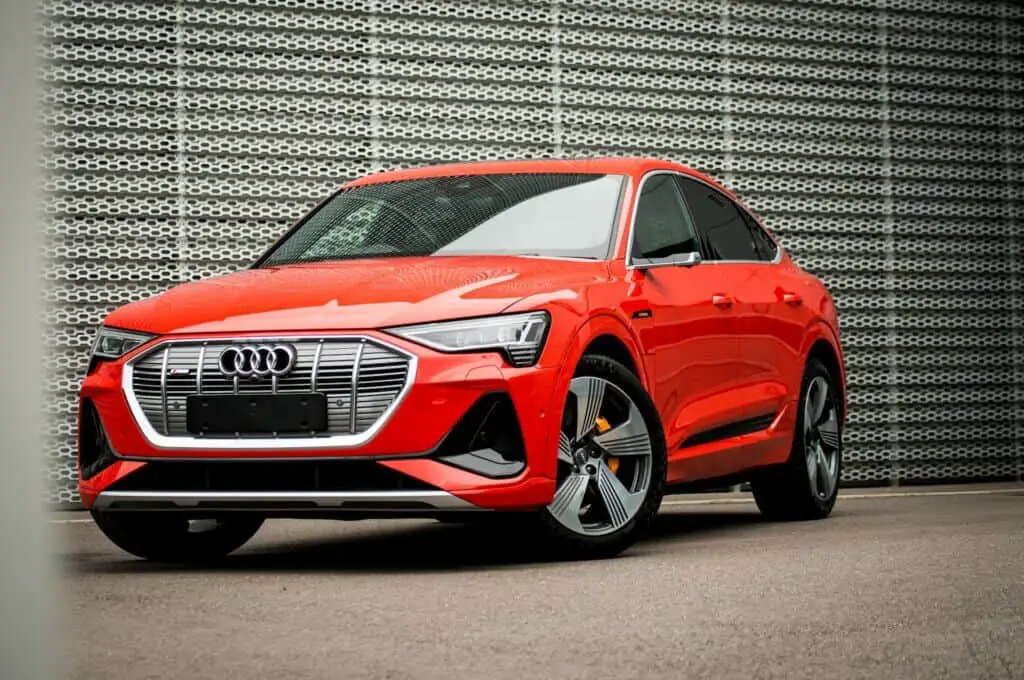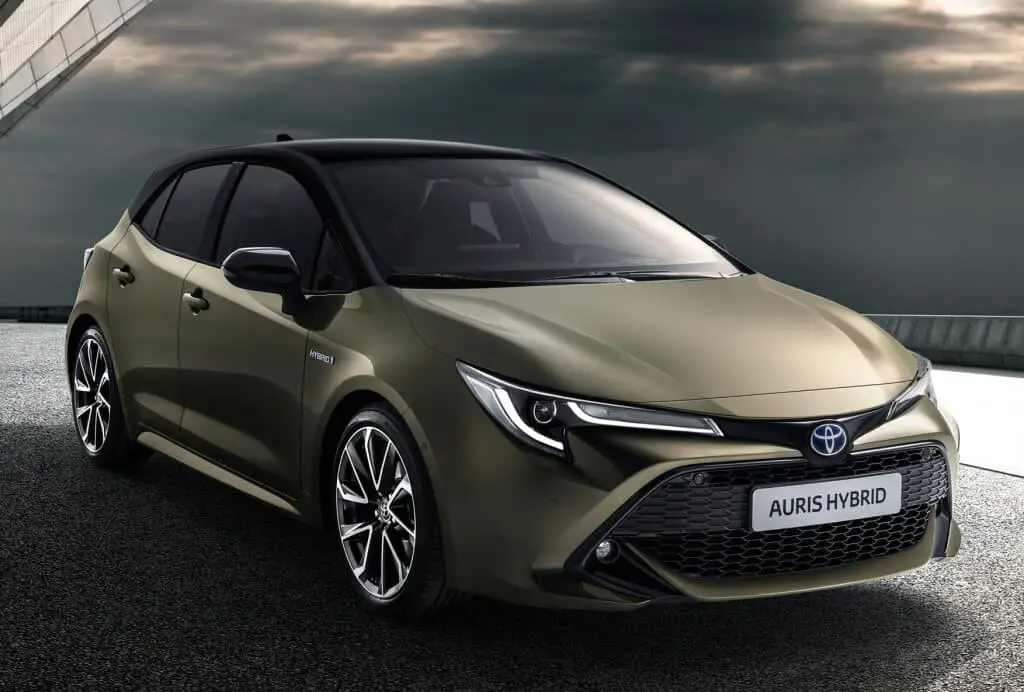Are you familiar with disadvantages of plug in hybrid cars?
Hybrid cars are a type of vehicle people often take a peek at when considering a switch from the ICE (internal combustion engine) cars. Those trying to cut costs or be more environmentally friendly will often see hybrid cars the most recommended.
However, there are some disadvantages of plug in hybrid cars you should consider before making a purchase.
Hybrid vehicles are vehicles that use two or more distinct types of power. When it comes to cars, it’s usually a mix between fuel and electric energy. Hybrid cars have been around since 1997, starting with Toyota Prius NHW10.
It didn’t take long for hybrid cars to become popular. After its worldwide release in 2000, Toyota Prius itself got a decent profile with the celebrities which skyrocketed the popularity of hybrid cars.
In 2002, the boom of hybrid cars was already on its way with Honda Accord hybrid releasing along with many other models coming after.
However, there are some misconceptions that have formed about hybrid vehicles. The first is that hybrid cars are more expensive than regular ones.
However, this isn’t true all the time.
Though early models were premium in prices the new ones are similar in price to regular vehicles.
Another misconception is that they lack power. The truth is that hybrids are capable of as much power as vehicles with a single power source.
The real problems of hybrid cars are quite different.
Scarcely do these tie into above misconceptions or any of the other ones. Instead, the issues these cars face are different from the presumed problems. Affecting how worthwhile the purchase of the car is perceived.
Major Disadvantages of Plug in Hybrid Cars
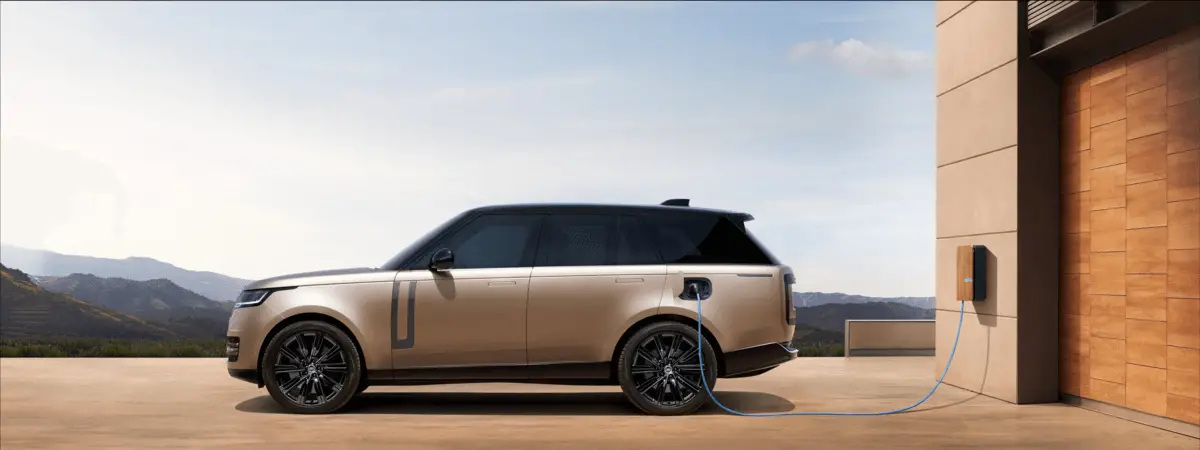
We will cover the specific disadvantages of plug in hybrid cars. Ones that may make the hybrid cars less worthwhile than ICE and electric options.
The presence of these disadvantages doesn’t mean that hybrids have no advantages but it’s the bad parts of car ownership that heavily affect people’s purchases.
- Electric only range
A lot of hybrid cars boast their electric only range when trying to stand out from their peers. Trying to get the future owners those extra miles that’ll cover their daily trips without a drop of fuel being used.
However, the anxiety about staying within the range during your drive can be quite stressful. Hoping we’ll make it through the trip can sometimes be as annoying as the cost of petrol.
This stress is doubled when traffic gets bad. In these situations, we can feel like switching from electric only range isn’t taking full use of the vehicle. [1]
- ICE dependency
Despite electric only range being a great way to save money on fuel, bigger trips will end up requiring ICE use. The switch to ICE happens automatically in hybrid cars when the vehicle detects that battery is close to running out. Which does mean that you aren’t getting the full charge from the car’s battery.
Though generally hybrids are seen as the greener option, the sudden shift to ICE will quickly generate a lot of gas emissions just as the regular car would. The impact on the environment is reduced, but depending on the length of each drive, it can become somewhat small in impact. [2]
Related: Are Hybrids Good For Long Distance Driving
- Infrastructure doesn’t support them
The biggest disadvantage of hybrid cars is the infrastructure. Infrastructure simply doesn’t provide enough charging locations for hybrid cars. Even when they are present, there are few and far from each other which leads to a race to the next charging point.
This issue becomes worse the more rural a location is. Some regions may not offer a place to recharge at all.
At that point, the only capability to recharge will be at home. Disallowing us to maximize the usefulness of electrical power within our hybrid.
Another problem is that hybrid cars do not charge as fast as fully electric vehicles. The troubles become worse if there are scarcely any places to charge. That way, we need to wait for longer until the car charges even at the few stopping points we get, a problem that only gets worse if there’s more cars in line waiting to charge up.
- Weight and performance problems
The extra power source comes at a cost. That cost being weight. Though weight has little direct impact initially, it does take a healthy amount of extra work to turn as easily as you would with another car.
Electrical and ICE vehicles have only a single set of components that need to enable their motion but with hybrids, we need to stick in two which directly increases weight. [4]
With weight, handling can be impacted. It’s a simple matter of extra weight having to be accounted for. To keep the car at a similar production cost, the handling is not compensated too consistently. This doesn’t ruin the maneuverability of the car but it does make the heft of the vehicle slower to turn.
- No government incentive
On top of the aforementioned concerns, it’s also worth noting that there are barely any government incentives to own a hybrid car. The fully electric car owners are generally granted tax credits or better deals on the vehicles.
However, same doesn’t go for hybrid cars. They are rarely considered for any form of incentive, as the vehicle can still be driven purely as an ICE one, which means the reduced emissions aren’t guaranteed.
This does make hybrids less enticing than electrical cars from a financial standpoint. Making hybrids a second choice if we have money to afford a fully electric car. Though hybrids have their own strengths, this does dampen the appeal somewhat. [5]
For some people, switching from an ICE vehicle may seem too financially steep. That’s why incentives really help get more people to drive electric cars.
In the same breath helping car owners reap the benefits of these vehicles while also helping the environment. Though that lack of same incentives also makes hybrids pale by comparison.
- Environmental concerns
While one’d assume that replacing part of the car’s power with electricity would prove healthier for the environment, it’s anything but. The components used in creation of hybrid car batteries generally generate a lot of waste. Which alone compromises the environmental aspect of the car.
But that’s not all. Lithium-ion batteries used in hybrid cars and their production alone has quite high emissions of carbon dioxide. The effects on the environment get even worse when you take the need to recycle batteries into concern.
Should the batteries be discarded haphazardly, they can cause ecological damage. If disposed of, the process to disposal will still leave an effect on the environment, though lesser.
In the end, it makes hybrids far less sustainable than the greener alternative. Electric cars have a much better ecological impact. Even when we take into account production and lifetime effect, they are far better for the environment.
It’s a worthwhile trait to consider. After all, cars are one of the greatest enemies of the environment so having one that can cut the carbon footprint considerably is preferable to one that only kind of does it.
Related: Toyota Hybrid Battery Problems
Hybrid cars vs full electric cars
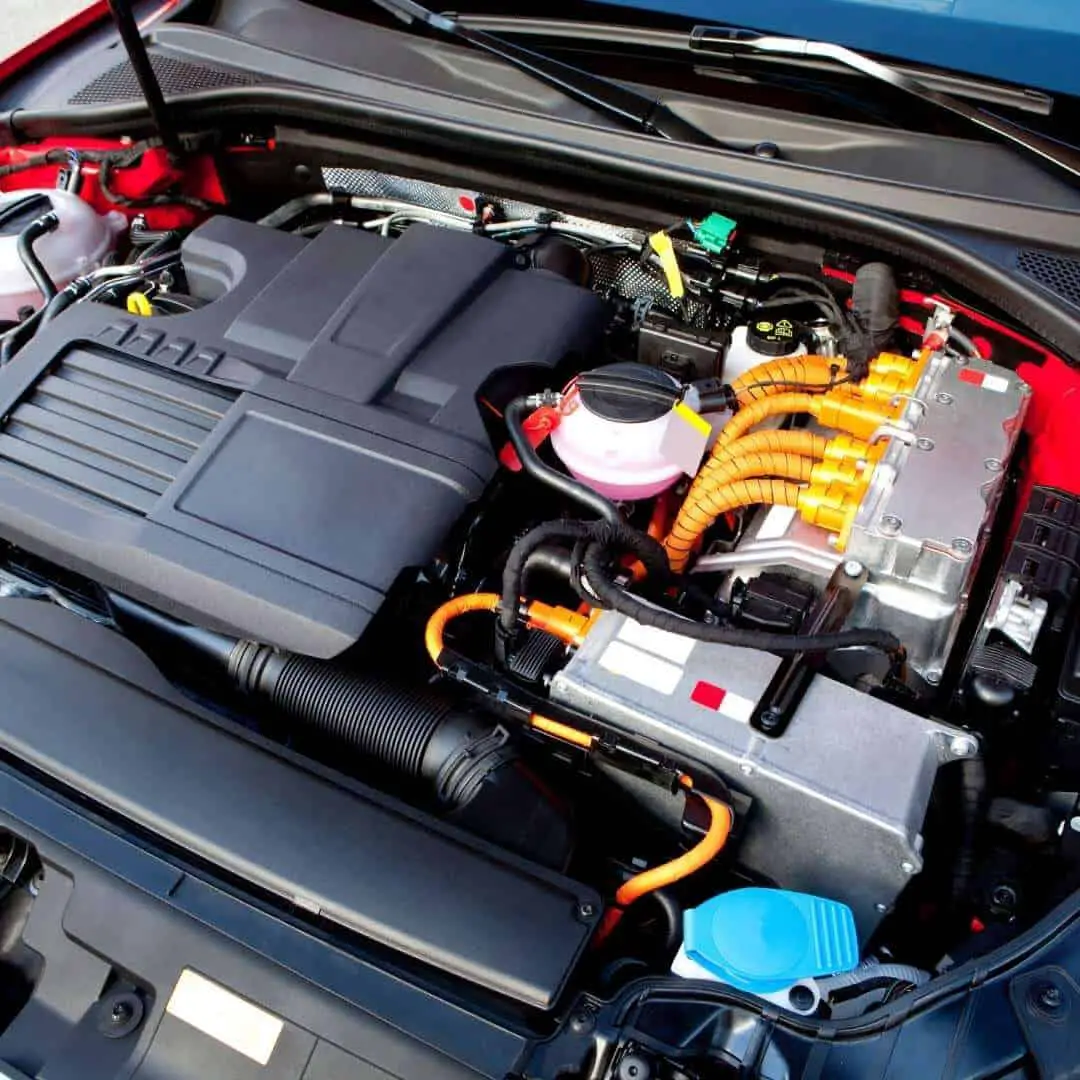
The hybrids need to compete not only with each other but with electric cars. Two car types generally get lumped together due to their ability to use electric energy as a source of power. Therefore, a car that stands out in either branch needs to compete against both groups.
However, the issue hybrid cars have been facing is that electric vehicles are becoming far more affordable. If somebody was to cut gas costs from their budget, it’s likely they’d simply opt for a fully electric vehicle. As years go on, the advancements in technology make this choice both cheaper and more preferable.
With cheaper prices and better technology, as well as aforementioned disadvantages inherent to hybrids, the existence of these vehicles on the market is brought into question.
If you have a better option to go for, why get a hybrid? Well, as years roll on it’s possible hybrids themselves will experience obsolescence on the market, meaning there won’t be a need or demand for them.
It’s the alternatives that are killing hybrids. Once you have an ample amount of options on both ICE and electric side, hybrids seem like too much of a half measure. With a smaller target demographic, it’s harder not to get phased out.
Related: Honda Shuttle Hybrid Problems
Conclusion
While hybrids have their advantages and a number of misconceptions that get slung around, there are still the downfalls of this type of power use that need to be considered. Though shortcomings could be minor to some owners, they are still worth knowing. Especially for the potential future owners who may need to get better acquainted with the hybrid car’s disadvantages.
Read Also: Best Level 1 Charger

